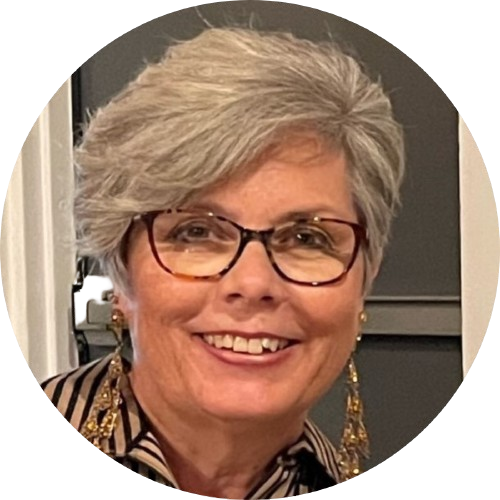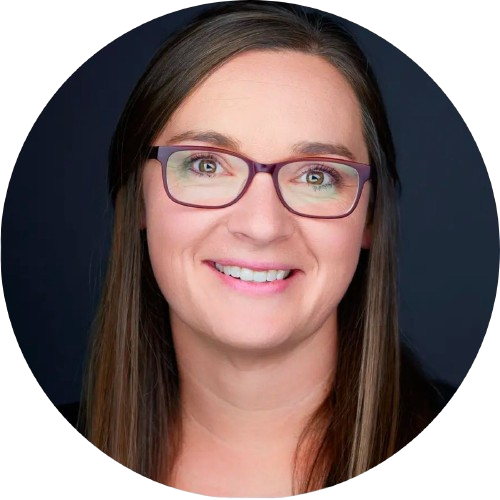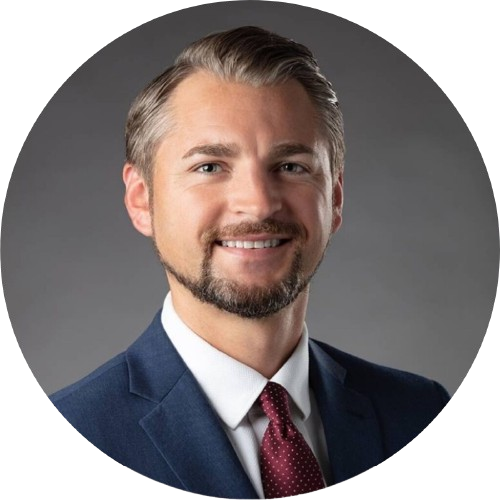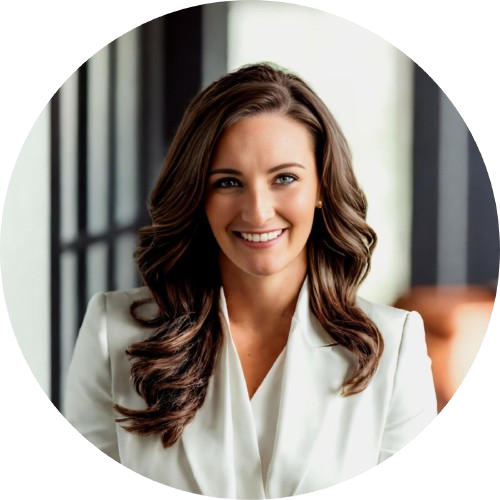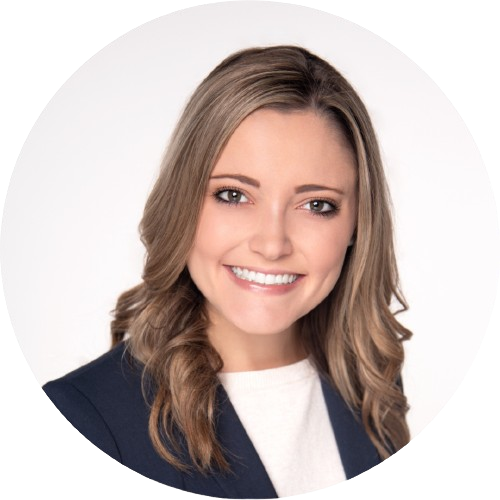An ERP system can do any number of things – some you may need, and those you may not. Determining the functions an ERP system should perform requires understanding your organization’s goals, processes, and requirements. There are key actions to employ when identifying the functions for your ERP system:
Assess Current Business Processes
Begin by understanding and documenting the existing business processes within the organization. Identify the key operational areas, such as finance, human resources, supply chain, manufacturing, sales, and customer service. Document the workflows, data flow, and pain points associated with each process.
Engage Stakeholders
Involve key stakeholders from different departments and levels of the organization, including management, department heads, end-users, and IT personnel. Conduct interviews, workshops, or surveys to gather their input on the pain points, challenges, and opportunities for improvement in their respective areas.
Define Functional Requirements
Prioritize Requirements
Prioritize the identified functional requirements based on their importance and impact on the organization’s goals and strategic objectives. Consider factors such as criticality, business value, complexity, and dependencies between different functions. This will help ensure that the most critical functions are addressed first and align with the organization’s priorities.
Research ERP System Capabilities
Research available ERP systems in the market and evaluate their capabilities. Consider system features, modules, scalability, industry-specific functionality, integration capabilities, and vendor reputation. Evaluate how well the ERP systems align with the identified functional requirements and the organization’s needs.
Seek Expert Advice
Consult with ERP implementation partners, consultants, or industry experts with experience implementing ERP systems. They can provide insights, best practices, and recommendations based on their knowledge of different ERP systems and industry-specific requirements.
Build Proof of Concepts (POCs) or Conduct Demos
Once you have shortlisted potential ERP systems, consider conducting proof of concepts or requesting demonstrations from the ERP vendors. This will allow you to assess how well the system meets your functional requirements, user interface and experience, and overall fit with your organization’s needs.
Customize or Configure
Determine whether any customization or configuration is required to align the ERP system with your organization’s unique requirements. Consider the trade-offs between customization and the ability to leverage standard features and future system upgrades. Remember that excessive customization can increase costs, complexity, and potential challenges during system upgrades or vendor support.
Review and Validate
Review and validate the proposed functional requirements with stakeholders and obtain their buy-in. This ensures that the chosen ERP system will address their needs effectively and gain their support for the implementation.
Selecting the right ERP system and functions it should perform involves understanding your organization’s requirements, industry best practices, and available technology solutions. It is a collaborative process that requires involvement from various stakeholders and careful consideration of the organization’s goals and objectives. Defining the functionality required is foundational to the value delivered and managing project scope.
Get in touch with us! At Ascendex, “Solution Mindset” is one of our core values, and we would be honored to help you understand your organization’s requirements, processes, and goals to determine the right functionality to include in your ERP system.
